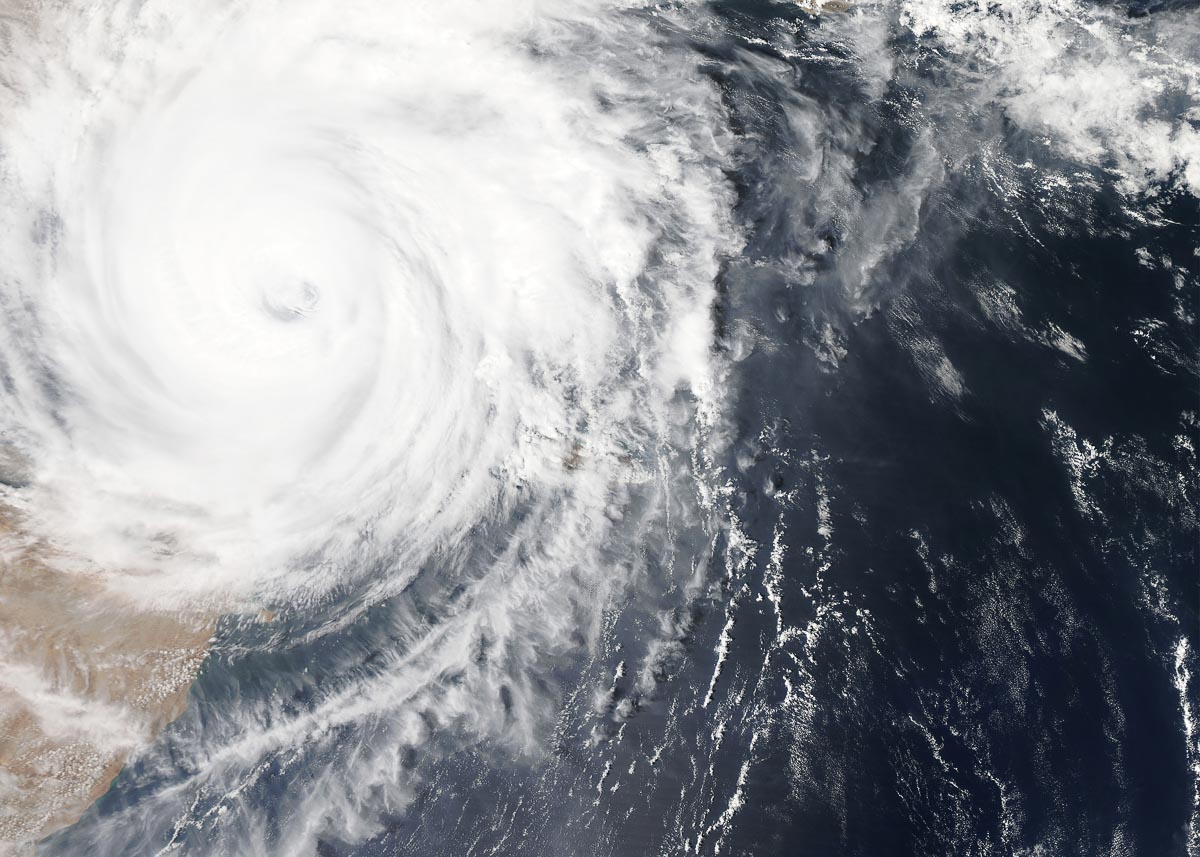Nearly 200 countries across the world, aside from the United States, have joined the United Nation's Paris Agreement, pledging to cut greenhouse emissions and to help poor countries cope with the worst effects of our already-warming planet.
But cities are also responding to the crisis in their own individualized ways, too. And they're not waiting for their national government to tell them what to do.
Many cities have started to ditch diesel and gasoline, ban cars in certain areas, remove plastic from grocery stores and other retail outlets, and turn to renewable power.
Seoul is planting 30 million trees by 2022 and two large forests will be formed to fight fine dust and urban heat. Melbourne and other Australian and British cities are a part of street tree-planting programs.
São Paulo, Brazil, which was facing severe water shortages in 2014 and 2015, is paying people to use less water (other cities are considering the same strategy) and less energy in an attempt to reduce emissions.
Dar es Salaam, Tanzania is moving people from flood-prone areas, tearing down their homes and restricting building on the land. Several U.S. cities have banned development in lands designated as wetlands, although, President Donald Trump rolled back protection of nearly 6 million acres of wetlands in Florida, which puts about half of the state's wetlands at risk of development.
The drainage systems in London are being redone to cope with larger populations and heavier rains.
Mexico City has turned storms into water-supplying blessings by installing thousands of rainwater harvesting and water purification systems.
Bangladesh cities have implemented early warning systems and cyclone shelters and invested in other ways to "climate-proof" certain sectors of their region.
New York City and Houston are considering man-made ocean barriers to protect coastal properties from rising oceans or storm surges from hurricanes.
"It's the rarity of these events, although I think they'll be more frequent in the future, based on the projections we've seen," Jim Blackburn, the co-director for Rice University's SSPEED Center, told the Urban Edge. "The bigger storms will be more prevalent. The big surge will be more prevalent."
Without these and other changes, cities, nations and the world as we know it will look dramatically different than it does today. Scientists predict catastrophic, more frequent storms, longer droughts, stronger heat waves, famine and greater inequalities will result from the climate crisis if the world doesn't act now. Experts estimate the cities that will be affected the most by climate change include Lagos, Nigeria; Haiti; Yemen; Manila, Philippines; Kiribati; and the United Arab Emirates.

